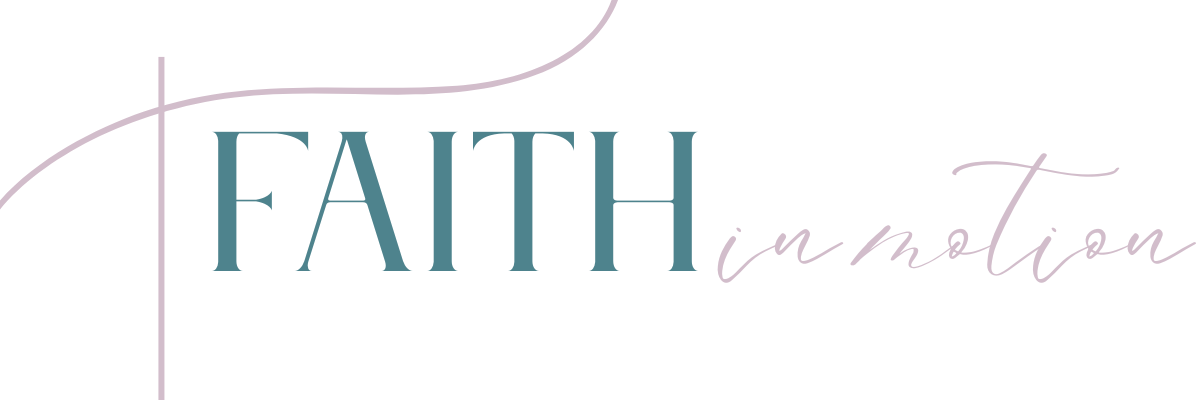Racism Is A Sin
Now when they heard this they were cut to the heart and said to Peter and the other apostles, "Brothers, what should we do?" Peter said to them, "Repent and be baptized."
Acts 2:37-38
Racism is a sin. A grave one at that. If this is a topic that makes you a little uncomfortable, or squirm in your seat as you read this; I understand. It’s uncomfortable for me, too. But the Gospel isn’t meant to be comfortable. It’s meant to help us partake in and help realize the Kingdom of God “on earth as it is in heaven.”
Sin can be defined as “missing the mark.” Another pastor I spoke with defined it as “anything that does harm to community.” I think we can all agree that racism is both missing the mark and doing harm to our community - locally, nationally, and globally. Jesus calls us to repent in the face of sin.
Repentance is not just apologizing or seeking forgiveness. In Hebrew, repentance is represented by two verbs: שוב “shuv” and נחם “nacham,” which translate roughly to “to return” and “to feel sorrow.” The Greek word for repentance is μετάνοια (“metanoia”) which roughly translates to “to think differently after” meaning, “to have a change of heart and mind.”
To truly repent the sins of racism, we must feel that sorrow - both the sorrow of those who have been harmed and the sorrow we feel for having partaken in a system that harms them - and return to the ways of God. We must have a change of heart and start to think and act differently. To do so, we must see the reality before us: that our black and brown siblings in Christ are suffering undue injustice.
As the Talmud (an ancient Jewish text) says, “Great is repentance, for it brings healing to the world.”
We can be a part of the healing of the world, my friends. I invite you to spend some time this month listening and learning. There are many resources out there to help us understand what racism is, and how we can be better allies - how we can repent and change our ways and the ways of the world. If you aren’t sure where to start, I encourage you to look for books like The New Jim Crow by Michelle Alexander, Just Mercy by Brian Stevenson, Me and White Supremacy by Layla Saad, or How to Be Anti-Racist by Dr. Ibram X. Kendi. I also encourage you to watch the documentary 13th on Netflix, and the interviews by Austin Channing Brown on her show available for free online called The Next Question.
As Maya Angelou said, “When we know better, we do better.” Starting with learning will help us to know better, and do better.

